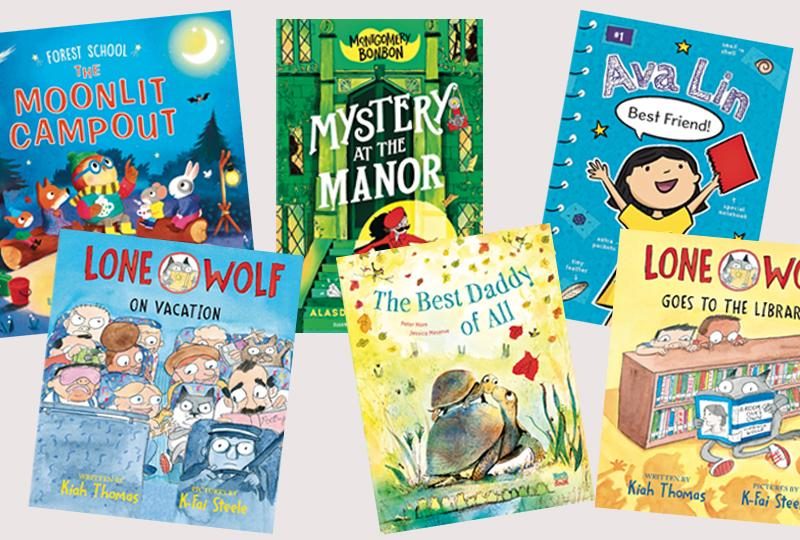Vocabulary and relationships
It has become a cliche by now to say that strong relationships are based on strong communication, but what often gets forgotten is that not all strong communication looks the same. While there are certainly principles that generally apply, different people and different relationships often employ radically different means to communicate effectively.
I first realized this in high school when my then girlfriend, now wife, began hanging out with my family, all five boys of us. She found talking with me and my brothers difficult. It wasn't just because we continually referenced inside jokes she that didn't know, quoted movies and television shows that she hadn't seen, and borrowed phrases and puns from languages that she didn't speak. It wasn't just that we avoided small talk entirely, preferring to debate politics, philosophy, and religion. It wasn't even that we were so ridiculously loud. No, it was largely the way we used irony and sarcasm.
As I was walking her home after dinner one night, she asked me, “Why are you guys always so angry at each other?”
“We're not,” I told her. “We're hardly ever angry with each other.”
“But you're so sarcastic all the time,” she said, and it came out that in her family, sarcasm and irony were almost always used to show anger, whereas in our house they were used to apply wit and humour to just about any mood or subject.
What this meant, I soon learned, was that I needed to change my habitual ways of communicating in the context of our relationship. In some marriage relationships it might be perfectly fine to communicate through irony, but my wife's experience makes it unsuitable for communicating in our relationship. The rules for communication between us had to be formed to our individual personalities and histories.
The same is true for relationships between parents and children. There won't be a single style of communication that works for everybody, not even from one child to the next in the same family. My eldest son is much like my brothers and I, preferring playful and almost combative conversation. My middle son is much more like my wife, preferring much more plain and unambiguous communication. My youngest is very private, preferring to talk to me alone about anything important.
None of these approaches (or the countless other preferences that kids have in communication) are necessarily right or wrong, but they do all have their strengths and weaknesses, and I need to tailor my own communication in order to meet the different needs of my kids. If I don't, I can talk as much as I like, but they'll never really hear what I have to say.







